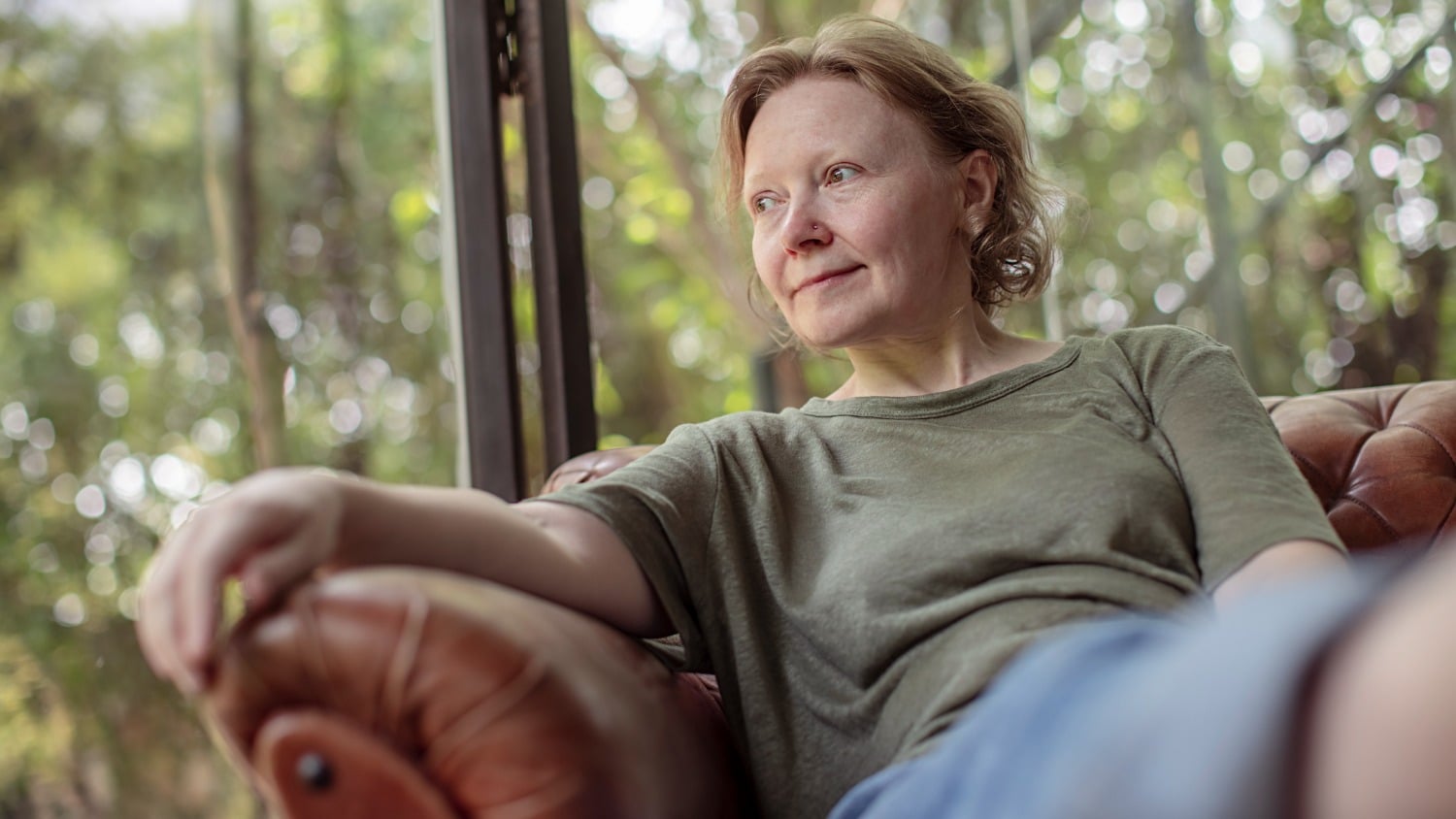3 Pointers to What You CAN Control Around Coronavirus
All of a sudden, it seems that coronavirus has come closer much more swiftly than we thought it would. However, although we may not have any control over when, where, or how the coronavirus will be in our area, we DO have control over how we meet that circumstance.
We CAN take care of our fear-based thoughts; we CAN identify our worst fears; and we CAN prepare ourselves practically.
What Are You Actually Afraid of?
When there is so much fear around coronavirus, I can’t help but wonder what we are actually afraid of.
Are you afraid of getting coronavirus and dying yourself? Are you afraid of getting COVID-19, surviving, but passing it on to someone else who then dies? Are you afraid of one of your loved family members dying? Or are you more afraid of social unrest and other disruptions to life as we know it?
Whatever way you look at it, this is about fear of death, whether death of our bodies, our way of doing things, or our societal norms.
Here are 3 things you CAN be in control of(over and above the practical recommendations of social distancing, hygiene, etc).
Your Thoughts
You are the only one in charge of your thoughts. I know it doesn’t feel like it sometimes! It really helps though to admit to yourself what kinds of thoughts you are having. If they are fear-based thoughts, then try the 5-Minute Flip exercise.
Let yourself go fully into the emotions associated with those fear thoughts. For example: “I’m scared X will die.” Really let those thoughts run riot – but only for five minutes. (This is important; you need to set the timer). Notice your thoughts, notice your feelings, notice your body sensations. Let them be there.
When the timer rings, move to another location; even another chair in the same room will do. Now deliberately turn your thoughts away from what you were thinking about in the previous five minutes, and spend the next five thinking of things you love and appreciate.
This might take quite a bit of effort, but it really works if you’re determined not to let the fear-based thoughts take over.
This exercise works simply because allowing the fear-based thoughts and feelings to run their course makes them surface – and that’s what you want. It is the resistance to them that causes the trouble. As many wise sages say, it is the resistance to circumstances that causes suffering.
Your End-of-Life Preparation
In the last few decades, we in the Western world have been very loath to talk about death, or anything resembling it.
But now, we have to. Because otherwise we will have people dying who didn’t want to, people being kept alive who, quite frankly, would rather have died, and many, many people who are just completely unprepared, whether it is them that die, a family member, or a friend.
By preparation I mean discussion (and documentation of that discussion) about the terms of your will, what you ideally would like at the end of life (e.g., to stay at home, be in a hospice, stay in your care home, or be in hospital – assuming all those options are available).
Would you want a DNR (do not resuscitate) order? To be intubated in the case of breathing difficulties? To just be kept comfortable and pain-free, rather than receive treatment?
You need to discuss this with your family or friends and write down the results of that discussion. Include details about what you would want for your funeral, so it can be a chance of letting go properly, of grieving fully, by those coming after you.
This is so important, it is worth repeating: Although you may not have any control over when, where, or how the coronavirus will come in your area, you DO have control over how you meet it.
You CAN manage your fearful thoughts; you CAN face up to the fear of dying; and you CAN prepare yourself practically.
The Finding of Positives
In any situation, no matter how awful, there are positives to be found. You may not want to find them (understandable, especially with death) but the fact is they are there.
When my husband died of cancer, I was aware, albeit in a rather detached way, of the gratitude I felt toward the many friends who rallied round. I even found myself being grateful for the sunshine and good weather, although I would have preferred my husband to be alive and healthy and it be raining!
After my parents both died in the same week, I learnt to be grateful for the strong bonds that my siblings and I created through regular Zoom calls – we had had no need of them when my mum was the central hub through which all family information was shared.
So you might want to accept the fact that you MIGHT go to your reward sooner than you thought, and choose to prepare well for the inevitable now.
If you find yourself having to self-isolate as a result of coronavirus threats, to work from home, or have your normal routine disrupted, choose to face up to preparing your own end-of-life plan (and/or help someone else plan theirs) – not because you necessarily think death will happen, but because it might happen (and anyway, one day, it definitely will). That’s one positive that could come out of this situation.
Use my free ebook 8 Essentials For Creating A Good End of Life Plan as a tool to get aware of just some of the things that need to be taken care of.
What is your strategy for fighting the coronavirus? Are you in self-isolation mode? Have you prepared for an eventual early end of life? What did you do to prepare? Please share with our community!






